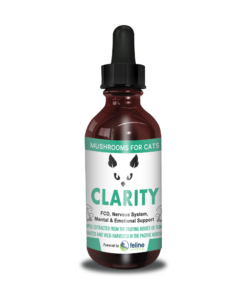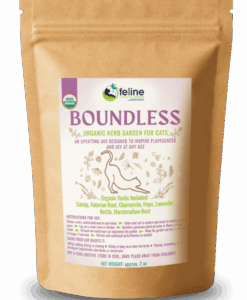The ASPCA receives thousands of calls each year related to household cleaners. Cats are at more risk than dogs to toxic poisoning because they lack certain liver enzymes that affect their metabolism. The majority of household cleaners that are toxic to cats will not state this on the label. Just because your cat hasn’t shown symptoms yet doesn’t mean that they’re immune.
You may think that your cat is safe from these toxic chemicals once you’ve closed and put them away. This isn’t true, however, because the vapors and residue left behind can still continue to do damage. Some chemicals will be directly absorbed through the skin while others are ingested when your feline licks her paw pads after walking on a treated area.
Here are a few of the common household cleaners that are toxic to cats.
- Bleach. If you use bleach to clean your house or toilets, try to find a healthy alternative. If your cat drinks out of your toilet bowl that’s been treated with a bleach cleaner, this can cause severe gastrointestinal issues. The vapors of bleach cleaning will also affect the respiratory system of your kitty when inhaled.
- Detergents. This includes soaps, dishwasher and laundry detergents. Residue from these products left on dishes, laundry, blankets, etc. can be harmful to our kitties. We now use natural soaps and detergents for cleaning anything that the cats use – and most of what we use as well.
- All-purpose cleaners & disinfectant wipes. This was the hardest for us to change. We love the ease of grabbing a container of wipes and quickly cleaning most of the house. Good news is that they now make pet-safe disinfectant wipes! Problem solved.
These are some of the most common household cleaners that are toxic to cats, but they’re not limited to these only. Please read the ingredients and/or research the cleaners you purchase before using them around your kitties.




Recent Comments